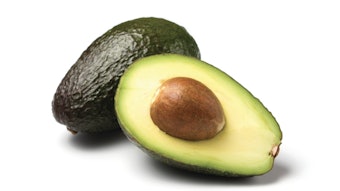Scientists in Australia and Austria are studying kangaroo DNA as a way to prevent skin cancer, as the marsupials have a DNA repair enzyme that appears to fight damage caused by the disease.
Understanding how kangaroos repair their DNA could be the key to preventing skin cancer, according to Australian and Austrian researchers. The teams are investigating a DNA repair enzyme found in kangaroos and many other organisms, but not humans, that is very effective in fixing a particular type of damage linked to many skin cancers.
The research is led by Dr. Linda Feketeova and Dr. Uta Wille from the ARC Center of Excellence for Free Radical Chemistry and Biotechnology at the University of Melbourne, along with scientists from the University of Innsbruck, Austria. "As summer approaches, excessive exposure to the sun's harmful UV light will see more than 400,000 Australians diagnosed with skin cancer," Feketeova said in a statement. "Other research teams have proposed a "dream cream" containing the DNA repair enzyme that you could slap on your skin after a day in the sun. We are now examining whether this would be feasible."
The groups are simulating kangaroo skin's exposure to harmful ultraviolet light in the laboratory, and then analyzing the DNA repair process, which Wille said resulted in a number of chemical by-products that have not been seen before. "But there is still much to investigate before this "dream cream" will be available at the pharmacy, so don't throw out your sunscreen just yet," Feketeova added.
The research will be published in the upcoming edition of Chemical Communications. Overexposure to sunlight is to blame for at least two-thirds of cases of melanoma, a notoriously difficult to treat cancer of the skin, as DNA in sunburnt skin cells becomes damaged, leading to genetic mutations.
Reuters, November 30, 2009










